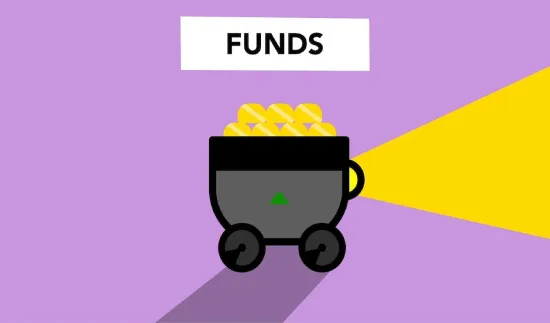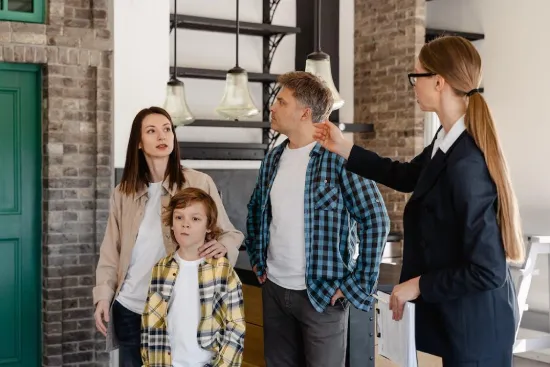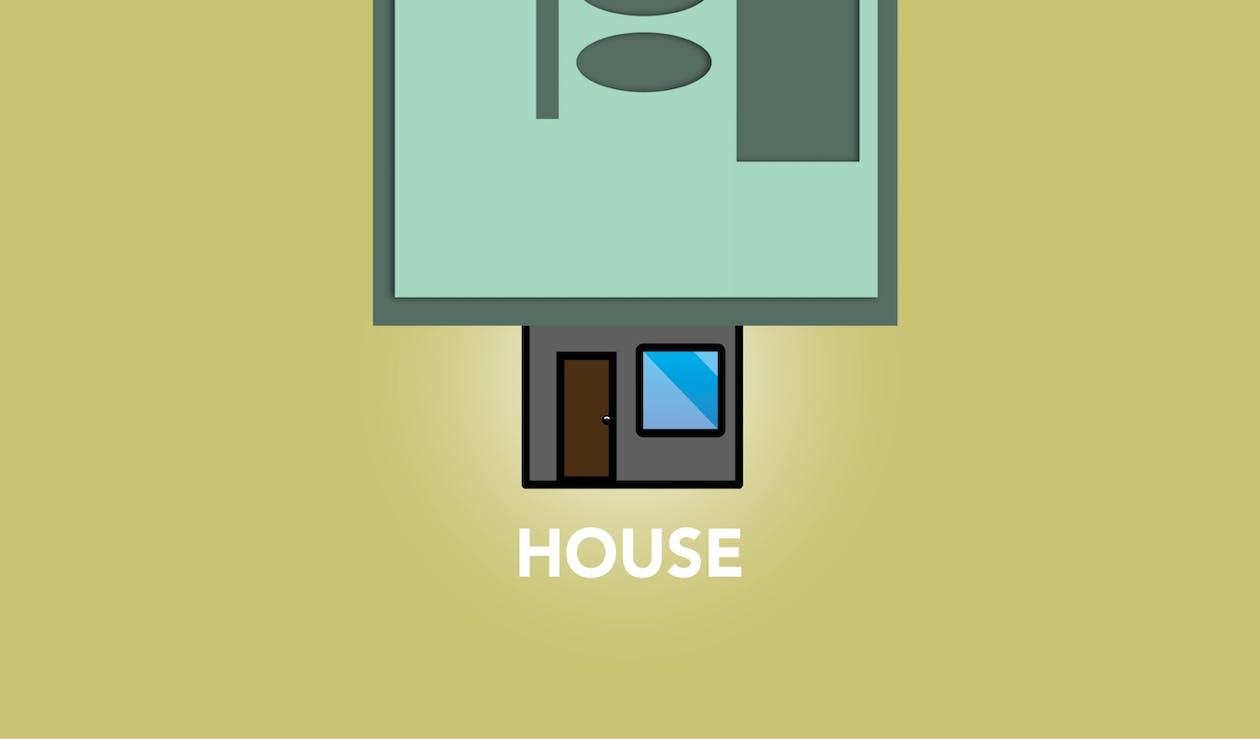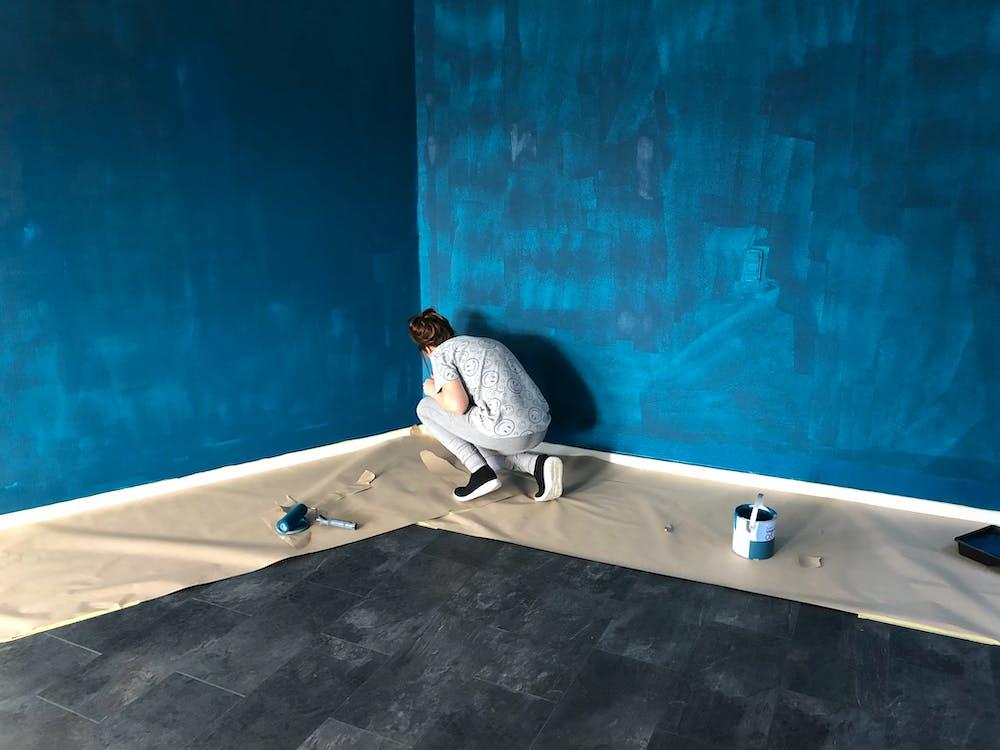Homeowner’s Association (HOA)
A homeowner’s association is made up of members elected by the residents of a community, which can be an apartment building, a gated community, or simply a group of homes sharing the same developer. The main responsibility of this association is to ensure the general well-being of the community it’s serving.
This entails maintaining the common areas, paying for amenities and services with fees collected from all the homeowners/renters, and enforcing the rules agreed upon by the community (like pet restrictions).
HOAs are quite rare in NYC, but they do exist in gated communities like Sea Gate in Brooklyn or Shorehaven in the Bronx. The NYC equivalent of HOAs is the co-op and condo boards.
HOA Fees vs. Common Charges vs. Real Estate Taxes
Outside NYC, the term HOA can be used as an alternative to the condo board. But for this explanation, we are assuming HOAs for communities that are exclusively made up of townhouses and brownstones (individual properties).
HOA Fees: HOA fees are used to pay for amenities (like a swimming pool and security), utilities (like street lights and water for fountains and green space), and services that are used by the whole community.
Common Charges: Condominium common charges are similar to co-op maintenance fees and are used to pay for the maintenance of common areas, amenities, and salaries of the doorman, live-in super, etc.
Real Estate Taxes: Real estate taxes are the responsibility of the homeowner, regardless of whether they own a townhouse, brownstone, co-op, or condo apartment. However, in co-ops, the property is assessed and taxed as a whole, and the apartment owners pay their share of the tax with the co-op maintenance fees. In all other real properties, the individual housing unit is assessed individually and has its own tax bill that the owner needs to pay,
The differences among the three include:
- Common charges cover more expenses compared to HOA fees because, with individual detached homes, the homeowners are responsible for most of the expenses. But in condominium buildings, all housing units share the premises and are collectively responsible for expenses like an HVAC and new roofs.
- The HOA fee might be directly collected by the association. Common charges are usually collected by the property management company hired by the condo board. The taxes are collected by the city government.
- Both HOA fees and common charges are collected on a monthly basis. Property taxes in NYC are either collected semi-annually or quarterly, and it’s determined by the tax amount: Semi-annually for more than $250,000 in property taxes and quarterly for less than $250,000 in property taxes.
- Neither HOA fees nor condo common charges covers property taxes. That’s something the homeowners have to pay themselves.
- Common charges vary depending upon the size of the condos in the building and the amount of amenities available. Generally speaking, the more amenities and present features of a building (doorman, gym, pool), the higher the common charges will be. HOA fees are usually the same for all residents. Property taxes are calculated based on the property’s assessed value (for most townhouses and brownstones) and rental income (for most co-ops and condos). This results in the latter getting a much higher property tax than comparable brownstones.
- In extreme circumstances, if a homeowner doesn’t pay their HOA fees or common charges for a long time, the HOA or condo board can evict the homeowner, put a lien on the property, and seek foreclosure. If they don’t pay their property taxes, the city puts up their debt for sale (lien sale).












